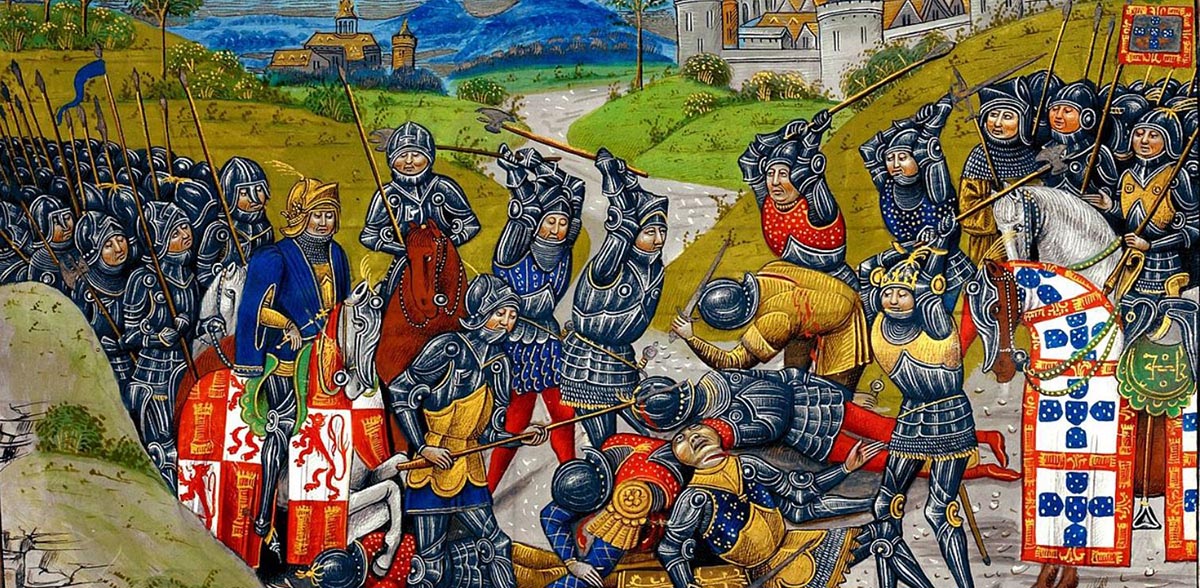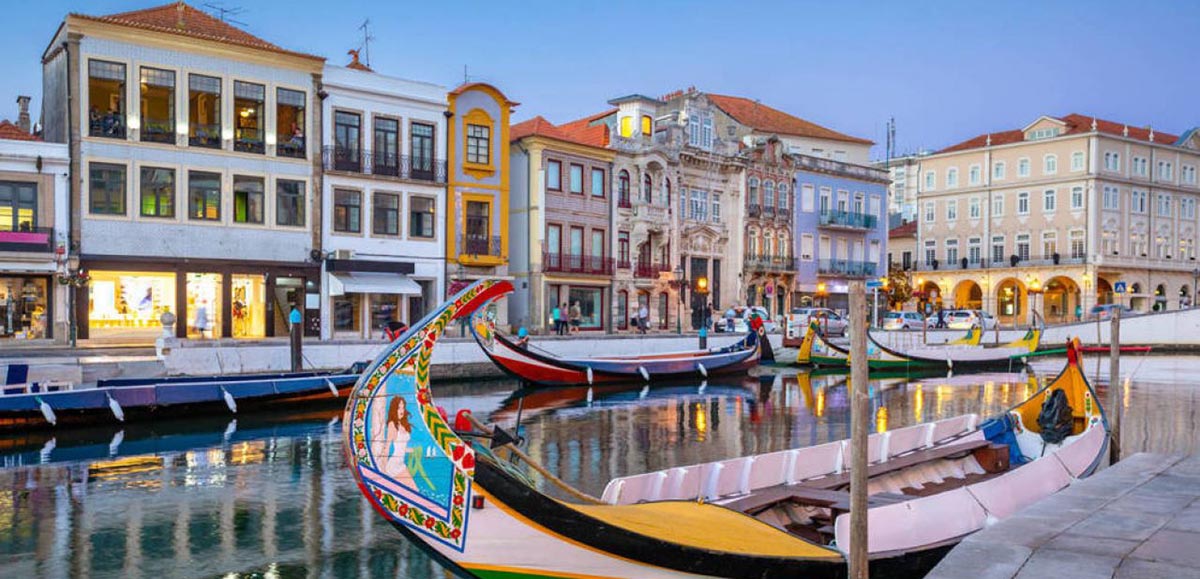
According to the Dictionary of the Royal Spanish Academy a country is a territory constituted as a sovereign state. The formation of a state is no small feat and is the end of long historical processes where borders have been drawn and redrawn many times. So how many countries are there in the world today?
The UN recognizes 194 official countries across the five continents. Each one with its history, but if we look at something closer ... What is the oldest country in Europe? You know?
The oldest country in Europe

Although there are usually discussions about it, Portugal is the oldest country in Europe. And as we said above, it is the result of long historical processes. Throughout the world the human being has raised the flags of religion, race or language to reign among others, in Europe, in America, in Asia ...
In all cases the peoples developed a sense of community from the sharing of traditions. Later the political ups and downs would form artificial states, glued to the liking of the powers but easily disarmed when that power lost power. Let's think about the Ottoman Empire, the Soviet Union, the Austro-Hungarian Empire ...
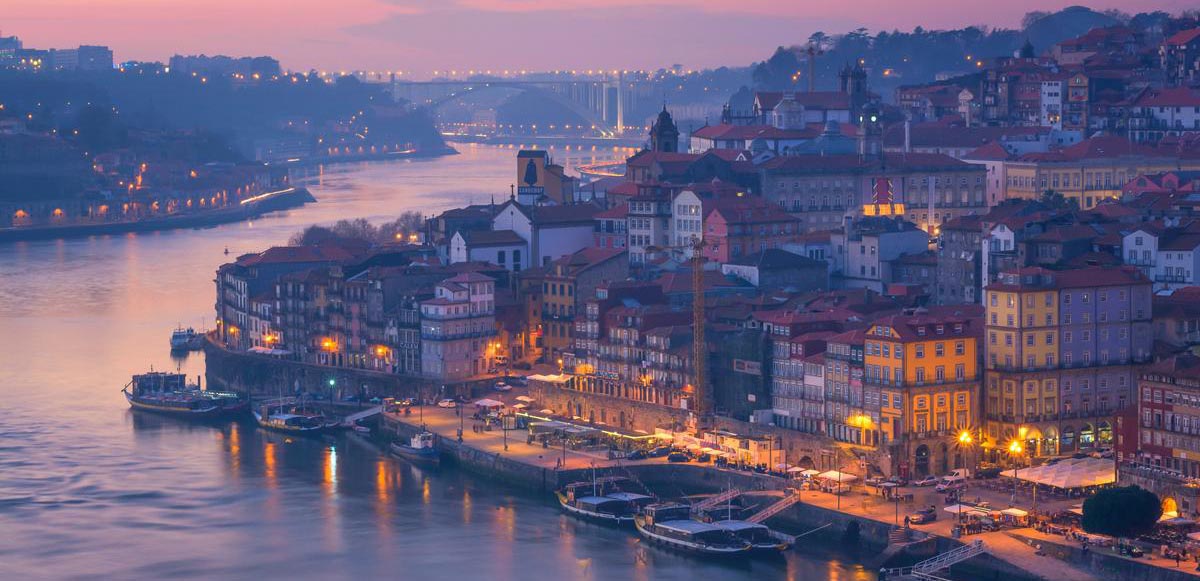
But what happened to Portugal? Its foundation took place around the year 1139 and although the date doesn't really say much you have to consider the stability of its borders. If that's the factor to consider then yes, Portugal is the oldest nation in Europe.
The fact is that while the rest of the continent suffered wars and revolts that permanently moved its borders, the monarch changed, the empire changed, modern states, democracies, republics, dictatorships were formed, Portugal has a much quieter history. Portugal has almost ten centuries of life and those borders have been stable since the late XNUMXth century.
Are you surprised that it's Portugal? Were you thinking, perhaps, of Greece? Let us remember what variable we are taking into account, the stability of the borders. After the fall of the Roman Empire, the Portuguese territory was invaded by several peoples, including the Arabs, and when it could be reconquered, the Portugal County, incorporated into the Kingdom of Castile.
Obviously there were several attempts to gain autonomy, at the same time that they wanted to expel the Arabs, which in the end was achieved when Portugal signed independence in 1143, a treatise recognized by Pope Alexander III. At that time, Count Alfonso Enríquez, son of Count Enrique de Borgoña, a good military and political strategist, ruled. Later the conflicts with the Kingdom of Castile would be put to an end, through the signing of the Treaty of Alcañices between Dionisio I of Portugal and Fernando IV of Castile.
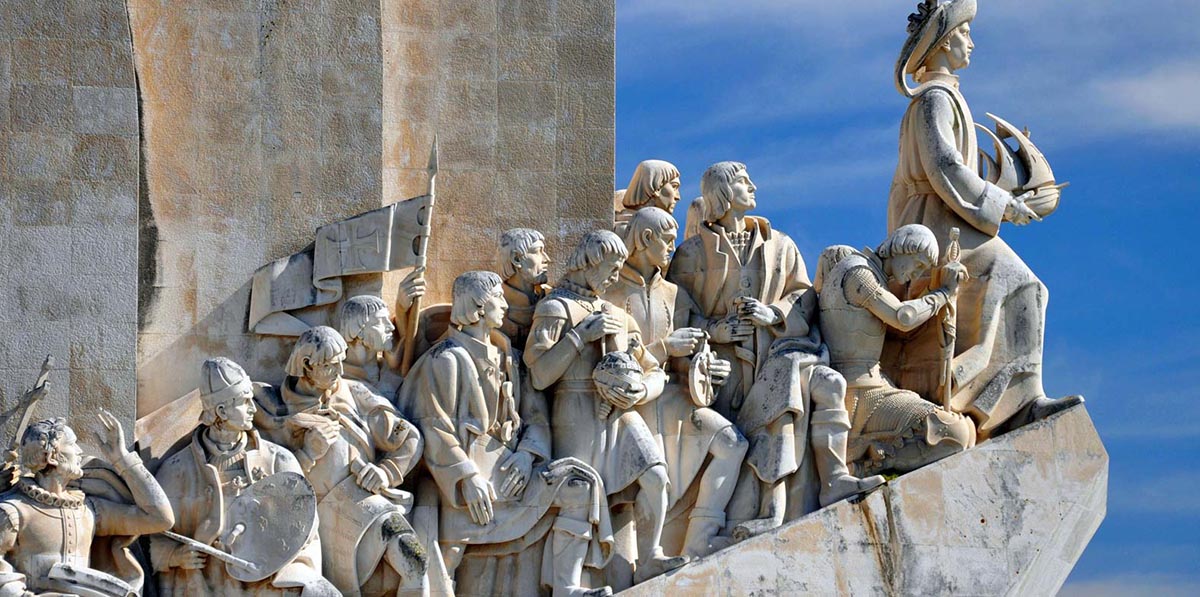
That treaty also fixed the borders between the kingdom of Porugal and that of León. After the war, Portugal was able to focus on its own development and this is how it enters the call «Age of Discoveries». His fleet sailed the seas, explored the African coast, met the union between the Atlantic and the Indian Ocean through the Cape of Good Hope, entered South and South America, colonized Brazil, reached the East.
The lands in the New World gave him new riches hand in hand with mining, with gold and precious stones that made the court of King John V one of the richest in Europe. Later he had political, economic and social conflicts. In fact, the XNUMXth century was not a calm century as it had all kinds of revolts and even military pronouncements. Furthermore, between the nineteenth and twentieth centuries, empires began to crumble and that of Portugal was no exception.
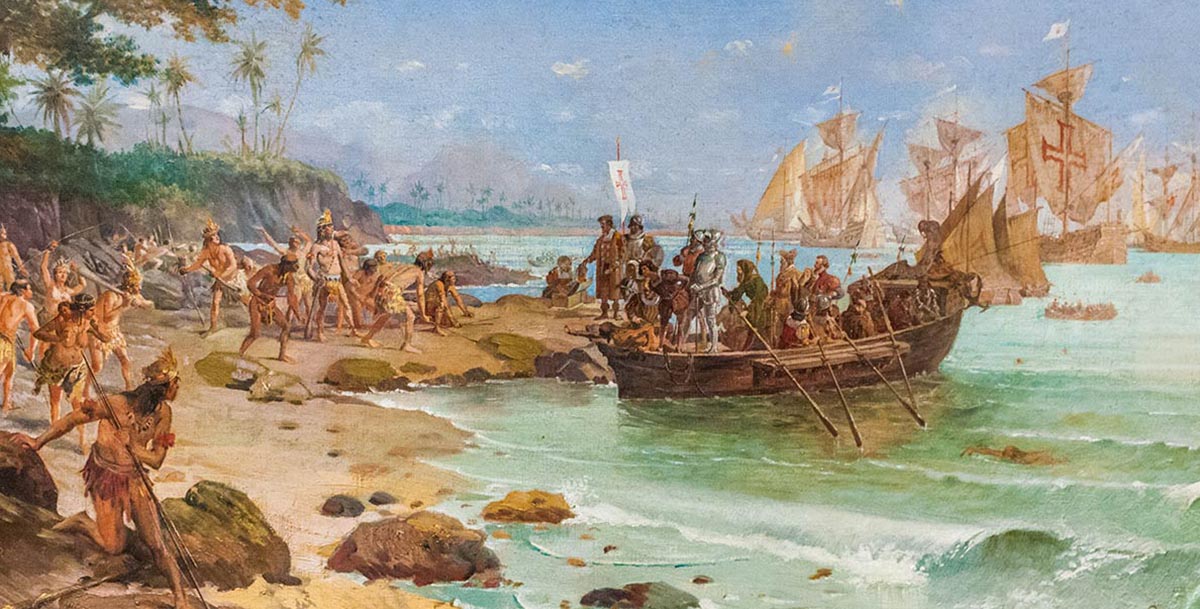
Portugal collided with England many times, without luck, so in the end that had an impact, among other things, of course, on the power of the monarchy that was finally abolished in October 1910. So they the republic was born, the country's participation in the World War I, the seizure of power by the military and the was salazar, of fascist court.
The end of the Second World War also affected Portugal. Nobody wanted to let go of their overseas possessions but they were already untenable situations. Then, Portugal entered war in Angola, in Guinea Bissau, in Mozambique. The problems outside did not soften the problems inside and thus, in the following decades Portugal suffered an unparalleled crisis that led to the so-called Carnation Revolution, in 1974.

Between the military and the communist danger, it was In the 70s, the country finally cut ties with its African colonies, recognizing their independence.. Finally, a democratic process began to stabilize and in 1976 the first president was elected by universal suffrage.
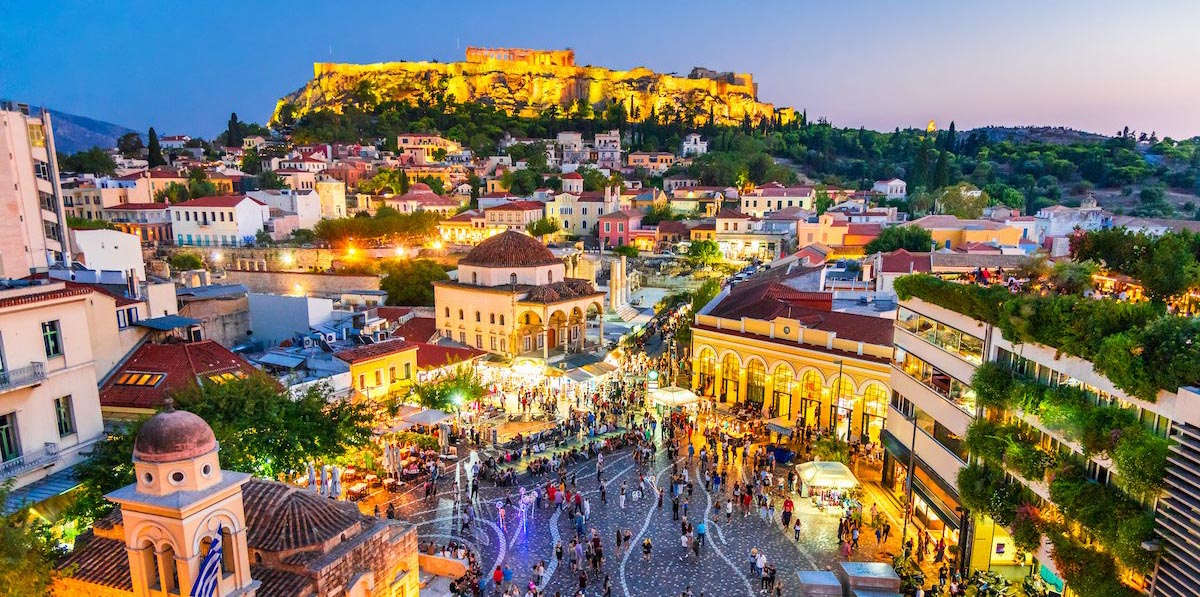
Now, if we consider another variable, of course there are nations older than Portugal. For instance, Greece, with a cultural consistency of thousands of years. Obviously, the centuries have produced changes in its political structure and its borders and we should not compare the current limits with those of Ancient Greece, but much of its original culture is still evident today and establishes it as one of the oldest nations not only in Europe but in the world.
Portugal, Greece, we must also appoint San Marino. It is a small country but a country at the end and it is also one of the oldest in Europe and the whole world. Officially San Marino was created in the year 301 by the hand of a Christian stonemason, Marinus the Dalmatian, who left the island of Arbe to escape the anti-Christian policy of the Roman Emperor Diocletian. He came here, hid on Mount Titano, and founded a small community.
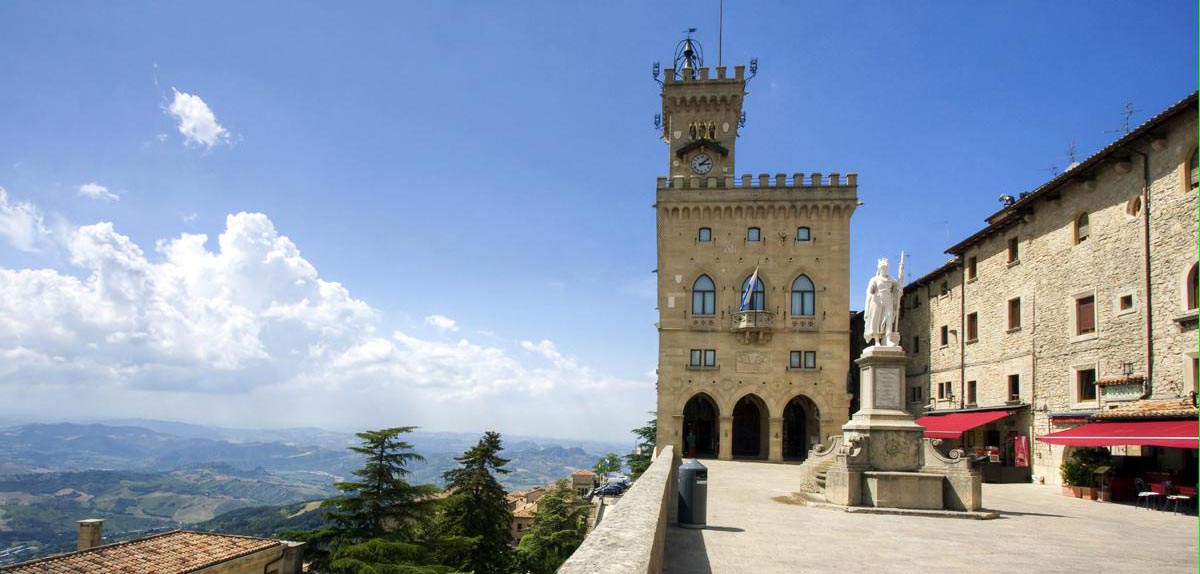
Obviously San Marino was in the hands of neighboring powers, but in 1631 the Vatican finally recognized its independence. Years later, in 1797, it was also recognized by France, and by 1815 by many other countries in Europe. His independence was in danger sometimes, for example at the time of the reunification of Italy, but he managed to defend it with the signing of several treaties.
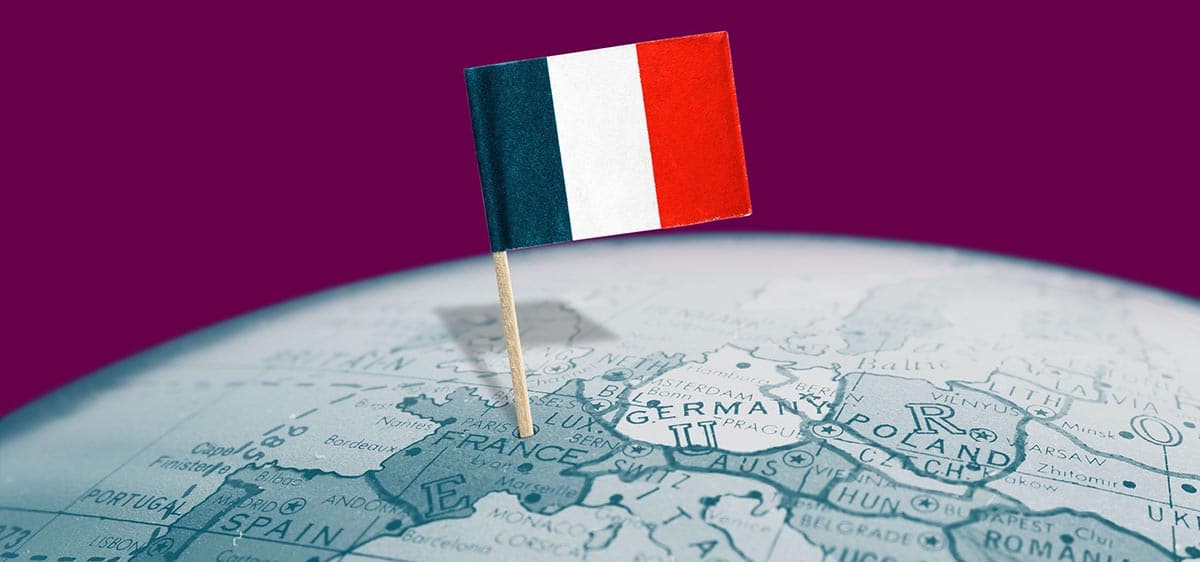
While San Marino is a micro state, we cannot say the same for France. The founding of this nation can be traced back to the fracture of the Holy Roman Empire in 843 or to the accession to the throne of King Clovis in 481. Let's take one date or the other, the truth is that France has existed for a long time. looooong weather.
We could also talk about Armenia, which has owned its own territory for at least 2600 years, of Bulgaria and that's it outside Europe Japan, Iran Egypt and Ethiopia they are among the oldest countries.
